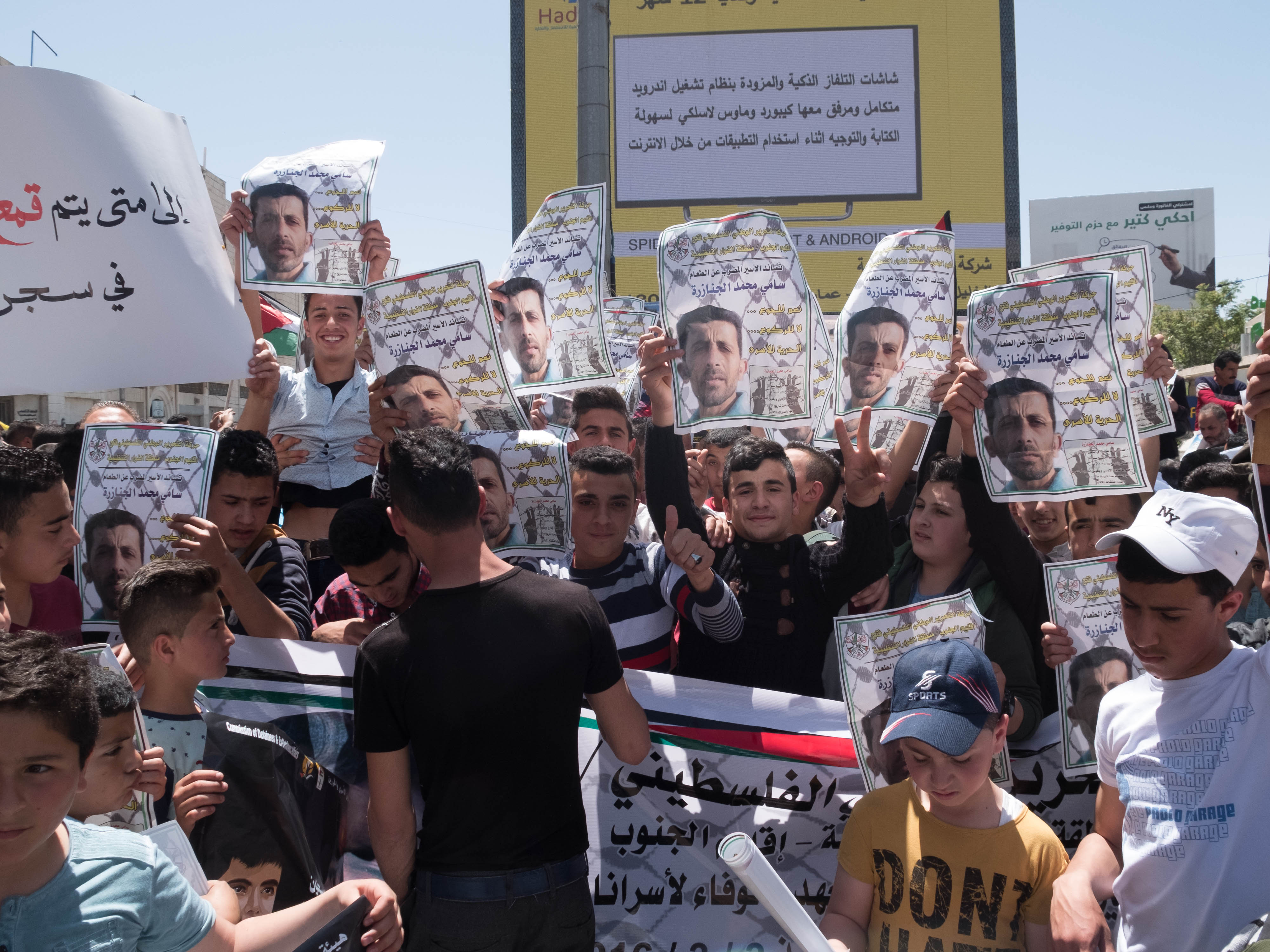Category: Photo Story
-
Photo Essay: Women in Hebron
12th July 2016 | International Solidarity Movement, al-Khalil team | Hebron, occupied Palestine The current al-Khalil team were privileged to visit the Women in Hebron centre located in Idna, just outside of al-Khalil city. Make sure you visit Women in Hebron and support them and other local organisations in al-Khalil who suffer greatly from the…
-
Photo story: Living under occupation in Jerusalem
28th April 2016 | International Solidarity Movement, Al-quds Team | Jerusalem, occupied Palestine Young men are constantly being stopped, interrogated and searched by occupying forces in front of Damascus Gate and in the old city. In the top left corner you can see a snipers post on a building overlooking Damascus Gate. This post was…
-
Sami Janazreh enters 46th day of hunger strike
17th April 2016 | International Solidarity Movement, Al-Khalil Team | Hebron, occupied Palestine Today volunteers from ISM attended a demonstration in Al-Khalil for Prisoners’ Day. Once the main demonstration had ended in the city a group of young Palestinians invited the volunteers to the Fawwar refugee camp outside the city. At the camp they were…



